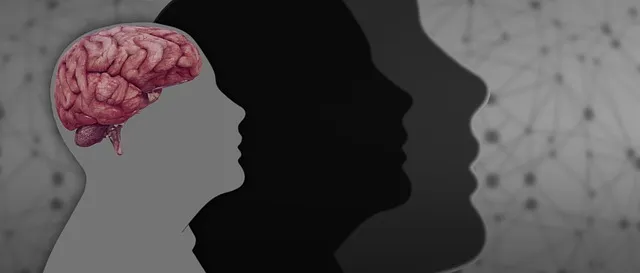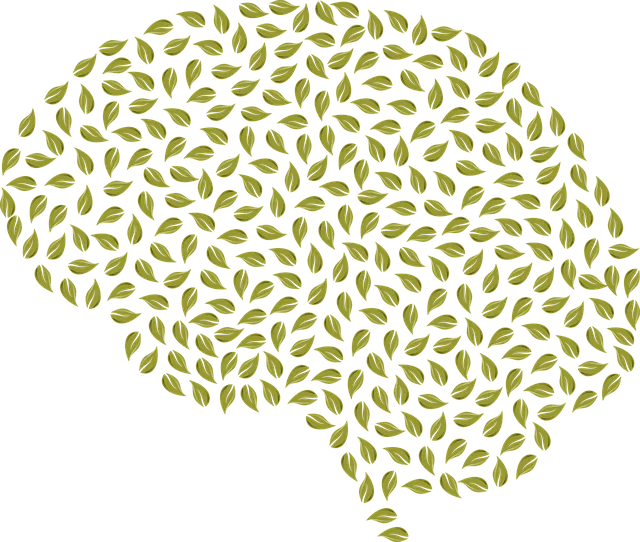Kaiser Permanente Mental Health Wheat Ridge focuses on emotion regulation as a key component of overall well-being, offering initiatives like the Mental Wellness Podcast Series and Risk Management Planning for professionals. They teach evidence-based mood management techniques, including cognitive reframing and mindfulness practices, to empower individuals in recognizing and responding to emotions healthily. This holistic approach, combined with professional support, improves mental wellness, reduces stigma, and enhances community well-being through simple strategies like meditation and deep breathing exercises.
Emotion regulation is a vital aspect of maintaining good mental health, and Kaiser Permanente Mental Health Wheat Ridge offers valuable insights into unlocking emotional well-being through specialized techniques. This article delves into three key areas: understanding emotion regulation, exploring practical teaching tools, and implementing strategies for daily life. By examining programs like those at Kaiser Permanente, we gain effective methods to navigate and manage emotions, fostering a healthier, more balanced life.
- Understanding Emotion Regulation: Unlocking Emotional Well-being at Kaiser Permanente Mental Health Wheat Ridge
- Teaching Techniques: Practical Tools for Effective Emotion Regulation
- Implementing and Benefiting: Strategies for Incorporating Emotion Regulation Techniques in Daily Life
Understanding Emotion Regulation: Unlocking Emotional Well-being at Kaiser Permanente Mental Health Wheat Ridge

At Kaiser Permanente Mental Health Wheat Ridge, understanding emotion regulation is seen as a key component to unlocking emotional well-being. Through various initiatives and programs, such as the Mental Wellness Podcast Series Production and Risk Management Planning for Mental Health Professionals, the organization aims to equip individuals with effective techniques to manage their moods and navigate life’s challenges. These strategies empower people to recognize and respond to their emotions in healthy ways, fostering a sense of stability and resilience.
By integrating evidence-based practices into their services, Kaiser Permanente Wheat Ridge ensures that emotion regulation is taught not just as a concept but as a tangible skill set. This holistic approach, combined with the support of dedicated mental health professionals, enables individuals to enhance their overall mental wellness and lead more fulfilling lives.
Teaching Techniques: Practical Tools for Effective Emotion Regulation

Teaching effective emotion regulation techniques is a valuable skill that can empower individuals to manage their mental health and overall well-being. At Kaiser Permanente mental health Wheat Ridge, we recognize the importance of equipping people with practical tools to navigate emotional challenges. Our approach focuses on evidence-based practices that promote self-awareness and emotional intelligence.
One such technique is cognitive reframing, which encourages individuals to challenge negative thought patterns and replace them with more positive and realistic perspectives. This strategy has proven effective in reducing symptoms of various mental illnesses and fostering resilience. Additionally, mindfulness practices are integral to our curriculum, as they teach individuals to stay present and observe emotions without judgment, thereby preventing burnout and enhancing overall mental flexibility. Through these practical tools, Kaiser Permanente mental health Wheat Ridge aims to contribute to Mental Illness Stigma Reduction Efforts while promoting positive thinking and emotional well-being in the community.
Implementing and Benefiting: Strategies for Incorporating Emotion Regulation Techniques in Daily Life

Implementing emotion regulation techniques in daily life can significantly benefit individuals, as endorsed by Kaiser Permanente mental health Wheat Ridge professionals. Starting with simple yet effective strategies like mindfulness meditation and deep breathing exercises, one can cultivate a sense of calm and clarity. These practices, when incorporated into routines, help individuals become more aware of their emotions and respond to them thoughtfully rather than reacting impulsively.
For instance, integrating moments of silence or short meditation sessions throughout the day can serve as powerful tools for self-care practices (Risk Assessment for Mental Health Professionals). Additionally, engaging in physical activities like yoga or even a brisk walk can be transformative for managing anxiety relief and stress levels. By embracing these techniques, individuals not only enhance their emotional well-being but also develop resilience to navigate life’s challenges more effectively.
Emotion regulation techniques, as explored at Kaiser Permanente Mental Health Wheat Ridge, offer powerful tools for enhancing emotional well-being. By understanding the intricacies of our emotions and learning practical strategies, we can navigate life’s challenges with greater resilience. Integrating these techniques into daily routines enables individuals to foster a healthier relationship with their feelings, ultimately leading to improved mental health and overall quality of life.






